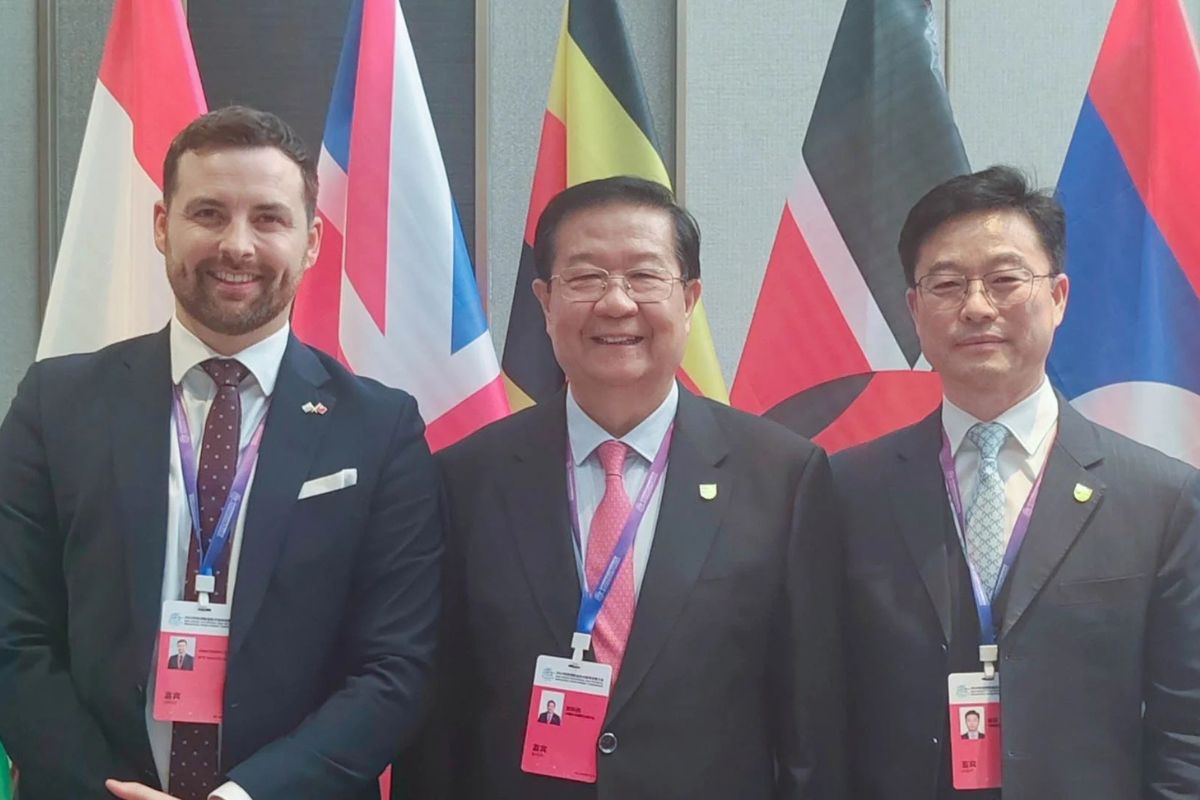‘Millions will be left behind’ if incoming goverment neglects the digital divide, warns the DPA

Ahead of the election this year, 1 in 7 adults and 1 in 5 children still suffer from digital poverty in the UK
Millions of adults and children across the UK will be left behind if the incoming government doesn’t prioritise bridging the digital divide, the Digital Poverty Alliance (DPA) has warned.
According to DPA research alongside Deloitte, one in seven adults and one in five children still suffer from digital poverty, with as many as 19 million people in the UK falling victim to the digital dive.
Digital exclusion goes beyond basic online connectivity, digital skills and access to electronic devices claim the DPA, who believe bridging the gap is about empowering every person in the UK to access essential digital services from education to employment, healthcare and welfare services.
Elizabeth Anderson, CEO of the Digital Poverty Alliance, said:
“Whether red or blue, the incoming government must place solving digital poverty as a central part of their manifestos and national policies. If the government continues to neglect those without essential digital services, then millions will be left behind across the UK.”
“The UK continues to claim becoming a science and technology superpower as one of its core aims, but how can that happen when tens of millions can’t access basic healthcare services, education or online banking? The incoming government must devise a comprehensive plan to tackle the widening digital divide, featuring fast-acting policies and collaboration between government, industry and the education sector. Technology is evolving at a rapid pace, but we as a society can’t keep leaving digitally excluded people offline.”
The DPA has recommended the incoming government formalise a cross-department task force responsible for delivering and reporting on a national strategy for digital inclusion across every part of government.
The charity also called for government to champion immediate, focused actions to bridge the digital divide, ensuring fair and equitable access to vital support and resources for all, including awareness raising and signposting.










Responses